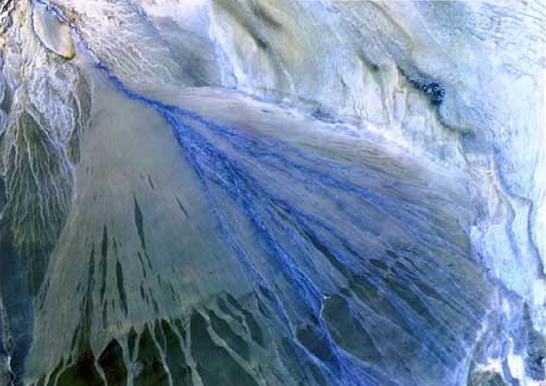PAOC Spotlights
PAOC Spring Course 12.009

This course analyzes cooperative processes that shape the natural environment, now and in the geologic past. Emphasized will be the development of theoretical models that relate the physical and biological worlds, the comparison of theory to observational data, and associated mathematical methods. Topics to include carbon cycle dynamics; ecosystem structure, stability and complexity; mass extinctions; biosphere-geosphere coevolution; and climate change. Techniques such as stability analysis; scaling; null model construction; time series and network analysis will be utilized.
Connecting the phenomena of ecosystem evolution, climate dynamics, biogeochemical cycles and plate tectonics with power spectra, stability, scaling and chaos analyses, take this course to find out how nature really works! Emphasis will be on the relation of theory to observation and numerical analyses using MATLAB.
Instructor: Dan Rothman
Email: dhr@mit.edu
Office: 54-1824
TA: Tim Cronin
Meet: Tu & Th 11am-12:30pm in 66-160
Prereq: Physics I (GIR); Coreq: 18.03
Units: 3-0-9
Last revised, January 2012